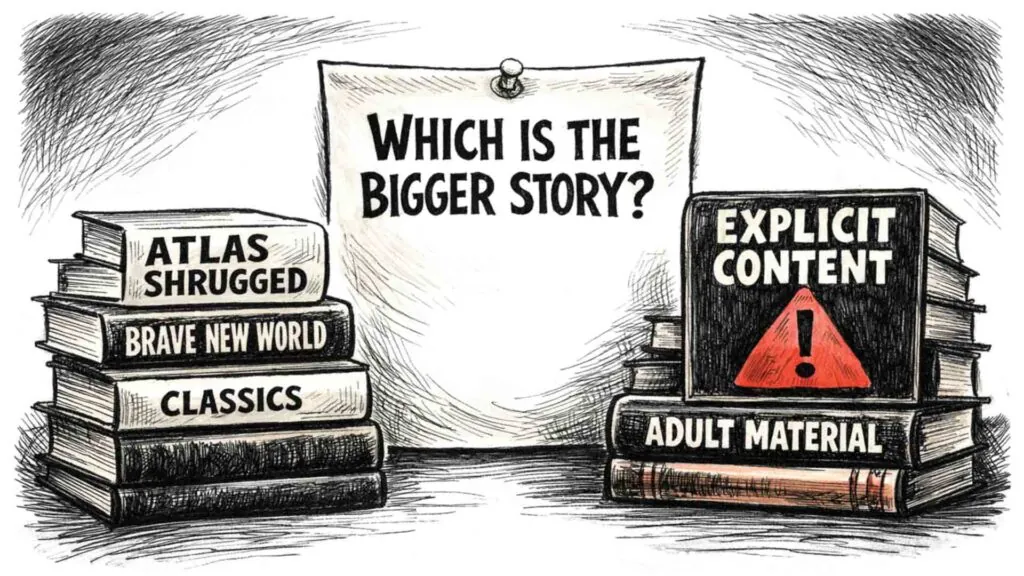In his book Makers and Takers (2008), Peter Schweizer not only sings the praises of conservatives, he exposes the arrogance of liberals. One example is particularly telling – Schweizer writes about the media’s reaction to a Presidential IQ report that looked at the scores for each American president in the last 50 years. The report found that the last six Democratic (liberal) Presidents had an average IQ of 155, with Bill Clinton scoring the highest, at 182. Republican Presidents (conservatives, or at least, more conservative than Democrats) average more than 40 point lower at just over 115. The lowest Republican score was George W. Bush, at 91.
Now to give this some context, Albert Einstein’s IQ has been estimated at between 160 to 180, which puts him a shade below Bill Clinton. And George W. Bush’s reported score was exactly half that given for Clinton.
If that strikes you as a little suspect, congratulations – that’s means you must not be a liberal, because a host of them did fall for it. The press including “The Economist magazine, the St. Petersburg Times, London’s Daily Mirror, radio talk show hosts and liberal bloggers eagerly ran with the story.” Even editorial cartoonist Garry Trudeau swallowed it whole, basing one of his Doonesbury comics on this Presidential IQ report.
But while many in the press were ready to believe anything – no matter how implausible – that said liberals were smarter than conservatives (and smarter even than Einstein) the report was a hoax. The only real info the report provided was the illumination it had given on the press’s hard bias against conservatives.
Think I’m been a little hard on the gullible media? Not at all, As Schweizer notes:
“Imagine if someone had published a report claiming that conservatives had much higher IQs than liberals. Would newspapers and commentators run such a story uncritically? To the contrary, they would likely first check on the results and subject the findings to serious scrutiny. In short, the bias in favor of ‘smart liberals’ seems widely accepted in our society.”
Why did they fall for it?
While it might seem odd that liberals are so ready to think themselves much smarter than conservatives, this arrogance is an integral part of the liberal worldview. Or, at least, it is central to liberalism in as far as liberals believe in bigger government, with the government taking an increasingly prominent role in education, healthcare, the arts, childcare, and, of course, all aspects of the economy including the arts, agriculture, forestry, tourism, and sports stadium construction.
Government on such a grand scale is going to require some astonishingly brilliant leaders if things are to be run competently. So if one presupposes, as liberals do, that bigger government is the answer to many of our problems, it is necessary for them to also presuppose that the super smart, near-all-knowing administrators that would be necessary to run it, do actually exist. Or to put it more succinctly liberals overestimate their intelligence, because they need to, to maintain their trust in big government.
Conservatives, on the other hand, have historically thought that such a huge responsibility is beyond any one person, or any one group’s competence, no matter how smart, or how knowledgeable. This insight was at one time based on – and still today aligns with – what God tells us about ourselves, that He is the infinite all-knowing God, and that we are not. So conservatives, and particularly Christians, want the government to take on only the limited responsibilities, like those of justice and defense, (Romans 13:4) which God has specifically assigned to it.
Conclusion
While liberals think conservatives to be of limited intelligence, conservatives think this true of both liberals and conservatives – everyone, even the smartest among us, have only limited intelligence and no one has the omniscience that would be needed to competently oversee all that Ottawa and Washington are involved in today. This touch of humility is as central to conservatism as a sense of arrogance is to liberalism.
A version of this article first appeared in the June 2011 issue of Reformed Perspective.












